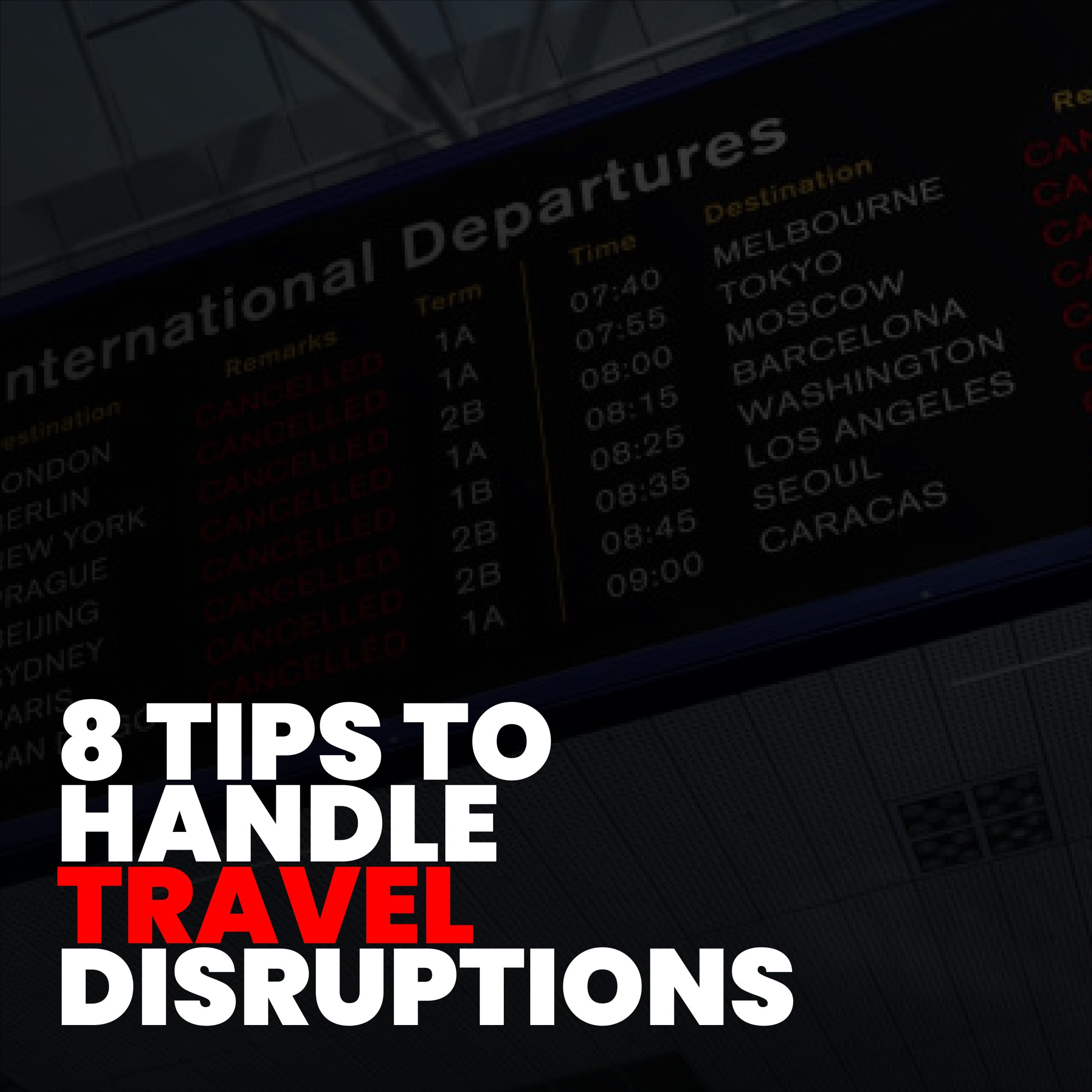Flight Cancellations: An Overview of What to Expect
Flight cancellations can disrupt even the most carefully laid travel plans. They happen for various reasons, ranging from severe weather conditions to mechanical failures. Understanding the underlying causes of these disruptions can help you navigate them more efficiently when they occur. In this article, we explore some practical steps you can take to manage flight cancellations and mitigate their impact on your journey.
Flight Cancellations: Common Causes You Should Know
Flight cancellations typically occur due to factors outside your control. Bad weather, such as snowstorms, hurricanes, or thunderstorms, is one of the leading causes. Mechanical issues with aircraft or delays caused by crew shortages also contribute to cancellations. In some cases, air traffic control issues can disrupt flight schedules. While these situations can be frustrating, knowing the cause of a cancellation can help you understand what your options are for rebooking or compensation.
Flight Cancellations: What You Should Do Immediately
When your flight is canceled, your first course of action should be to stay calm and assess the situation. Head to your airline’s customer service desk or open their mobile app to check available rebooking options. Many airlines will automatically offer rebooking, but sometimes it’s better to proactively explore the next available flights. You may also want to check if there are any nearby airports where flights are available. Act quickly to secure the best option for continuing your journey.
Flight Cancellations: How to Secure the Next Available Flight
After a flight cancellation, your priority is to get rebooked on the next available flight. Airlines often try to help by rebooking passengers on the next flight, but it’s essential to keep an eye on availability and be proactive in securing a new seat. If you’re not happy with the offered alternative, ask the airline for a different option, especially if there are better connections or faster alternatives. Be prepared for potential delays, and consider requesting a refund if rebooking options are not suitable.
Flight Cancellations: Alternative Travel Options to Consider
In some cases, a canceled flight may leave you with few viable options for rebooking. If this happens, it might be worth exploring alternative travel methods, such as taking a train, bus, or even renting a car, depending on your destination. For international travel, you could consider booking a flight with a different carrier that has availability on the same route. Taking the initiative to explore other options can help you get to your destination faster without being stuck waiting for the airline to resolve the issue.
Flight Cancellations: How to Handle Long Delays Effectively
Flight cancellations often lead to long delays, especially when you’re rebooked onto another flight. If you’re stuck at the airport for an extended period, it’s important to keep track of your flight’s new departure time and ask the airline about meal or hotel vouchers if necessary. Airports can become crowded when multiple flights are canceled, so make sure you have essential items like snacks, chargers, and entertainment to pass the time. Ask about compensation options for significant delays, including meal and lodging allowances.
Flight Cancellations: The Role of Travel Insurance in Minimizing Disruption
Travel insurance is an essential tool when dealing with flight cancellations. Most travel insurance policies offer coverage for trip interruptions, including costs related to canceled flights. These policies typically cover the additional expenses incurred from delays, such as hotel stays, meals, and transportation. While not everyone chooses to purchase travel insurance, it can provide peace of mind, especially for long-haul or international flights. Be sure to read the terms and conditions carefully to know exactly what situations are covered.
Flight Cancellations: Preventative Measures to Avoid Disruptions
Although flight cancellations are sometimes unavoidable, there are strategies you can use to reduce the likelihood of being impacted. Booking early morning flights increases the chances of avoiding disruptions because airlines are more likely to experience delays as the day progresses. Flying on weekdays rather than weekends can also help you avoid the higher volume of flights that are prone to cancellations. Lastly, choosing direct flights can reduce the risk of missed connections and the complications of layovers.
Flight Cancellations: How to Minimize the Impact on Your Plans
While flight cancellations can be frustrating, staying calm and adaptable is key. After your flight is canceled, quickly explore your options for rebooking or alternative travel solutions. Make sure you have access to the latest information from your airline, either via their app or customer service representatives. If you’re faced with a long delay, have snacks and entertainment available, and ask about meal or hotel vouchers. Proactive steps will help you recover from the disruption with minimal hassle.
FAQs
Q1: Why do flights get canceled?
Flights are canceled due to reasons like weather, mechanical issues, air traffic control problems, and crew shortages.
Q2: Can I get compensation if my flight is canceled?
Yes, many airlines offer compensation if your flight is canceled, especially when the airline is responsible for the disruption.
Q3: How can I minimize the impact of flight cancellations?
Booking early flights, opting for direct routes, and staying flexible with alternative travel methods can help reduce the impact of cancellations.
Conclusion
Flight cancellations are an inevitable part of travel, but understanding how to handle them can ease the frustration. By staying informed, knowing your rights, and being proactive in securing rebookings or alternative solutions, you can minimize the disruption to your journey. Remember to explore travel insurance for added protection and consider preventative measures when booking your flights. With these strategies, you can better manage the impact of flight cancellations and continue your travel plans with as little stress as possible.




